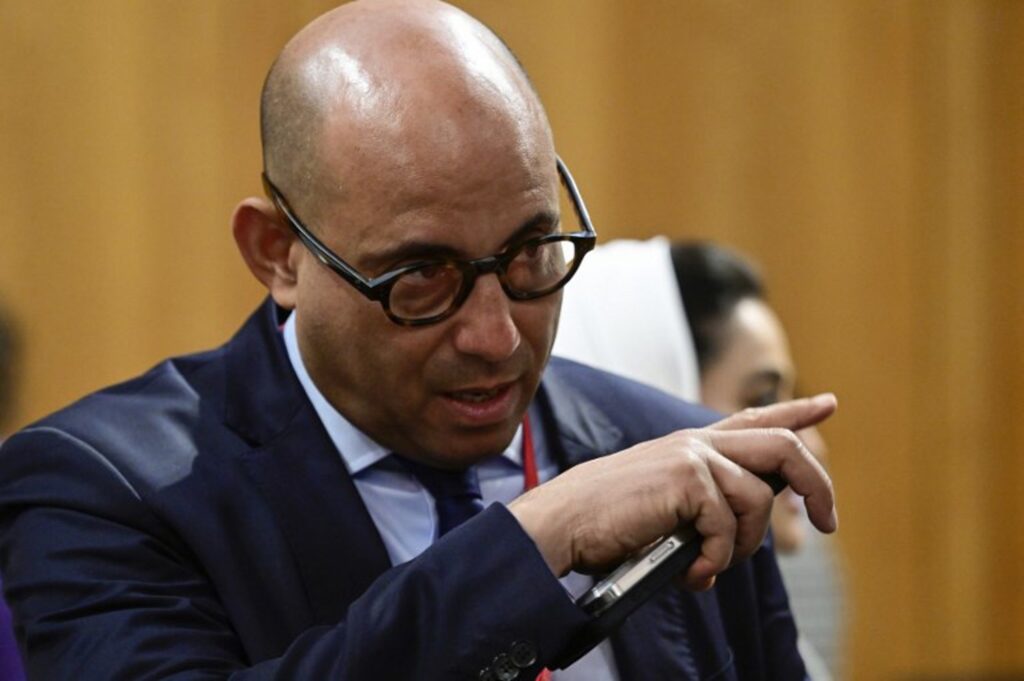The UN's climate chief issued a strong warning on Thursday as representatives of the world's nations wrapped up preparatory discussions in Bonn ahead of the upcoming conference of parties to the Paris agreement on climate change, to be held in Azerbaijan in November.
Despite modest progress, too many issues remain unresolved, Simon Stiell, Executive Secretary of the UN Framework Convention on Climate Change (UNFCCC), said on Thursday.
“We have taken modest steps forward here in Bonn, but we have taken a detour on the road to Baku," Stiell said in his closing remarks at the end of a ten-day discussion session in Bonn designed to prepare for the 29th Conference of Parties (COP 29), scheduled for 11-22 November in Baku.
'Too many items are still on the table'
"Too many issues were left resolved. Too many items are still on the table,” he said. "We have left ourselves with a vast amount to do between now and the end of the conference of parties (COP)."
"I urge you: do not to leave the hardest work to the eleventh hour,” the UNFCCC Executive Secretary added.
This year, the main issue revolves around climate finance. In 2009, wealthy nations, primarily responsible for historical greenhouse gas emissions, pledged to up their annual aid to developing countries to $100 billion by 2020. This goal was finally achieved, for the first time, in 2022.
COP29 is expected to conclude with a new objective beyond 2025, dubbed 'New Quantified Collective Goal' (NCQG). However, there’s no consensus on the total amount, fund allocation, or contributors.
'G7 meeting is no time for resting on one's laurels'
The Paris Agreement stipulates that this new amount should exceed $100 billion per year. Some negotiators have mentioned “trillions of dollars” for mitigation, adaptation, losses and damage from climate change.
Options have been refined for this objective, but Steill stressed the need to finalise clear options and a substantial framework for a draft decision before COP29.
Speaking directly to the major powers, he also called for progress on financing outside of the UNFCCC.
“The G7 meeting this week is no time for resting on one's laurels," he said. "The advanced economies have multiple levers to pull, including as shareholders in development banks.”

